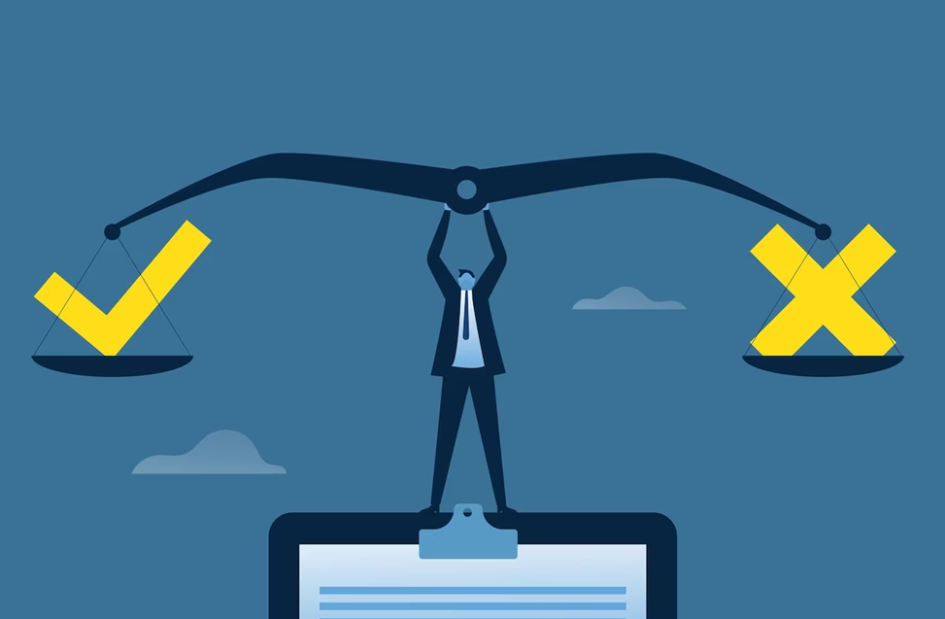Solar panels are an excellent investment for homeowners looking to reduce their energy bills and their carbon footprint. However, the upfront cost of purchasing solar panels can be prohibitive for many homeowners. Leasing solar panels is an alternative option that allows homeowners to enjoy the benefits of solar energy without the upfront costs. In this article, we’ll discuss the pros and cons of leasing vs. buying solar panels for your home.
Pros of Leasing Solar Panels:
- Lower upfront costs
One of the biggest advantages of leasing solar panels is the lower upfront costs. Instead of paying for the entire cost of the solar panel system upfront, you pay a monthly lease payment.
- Maintenance and repairs are often covered
Most solar panel leasing companies include maintenance and repairs in their lease agreement. This means that you won’t have to worry about the cost of repairs or maintenance, which can be expensive.
- Flexible payment options
Leasing solar panels often comes with flexible payment options. You can choose to make monthly payments or pay a lump sum at the end of the lease term to purchase the solar panel system.
Cons of Leasing Solar Panels:
- No ownership of the solar panel system
When you lease solar panels, you don’t own the solar panel system. This means that you can’t take advantage of any tax credits or incentives that may be available for purchasing a solar panel system.
- Limited options for customization
Leasing solar panels may limit your options for customization. You may not be able to choose the type of solar panels or the manufacturer, which can limit the efficiency and performance of the system.
- Higher overall cost
Although the upfront costs of leasing solar panels are lower, the overall cost of leasing a solar panel system is often higher than purchasing a solar panel system outright. This is because you will be paying monthly lease payments for the duration of the lease term.
Pros of Buying Solar Panels:
- Ownership of the solar panel system
When you purchase solar panels, you own the solar panel system. This means that you can take advantage of any tax credits or incentives that may be available for purchasing a solar panel system.
- More options for customization
Buying solar panels gives you more options for customization. You can choose the type of solar panels and the manufacturer, which can improve the efficiency and performance of the system.
- Lower overall cost
Although the upfront costs of purchasing solar panels are higher, the overall cost of purchasing a solar panel system is often lower than leasing a solar panel system. This is because you won’t be paying monthly lease payments for the duration of the lease term.
Cons of Buying Solar Panels:
- Higher upfront costs
One of the biggest disadvantages of purchasing solar panels is the higher upfront costs. This can be prohibitive for many homeowners, especially if they don’t have the cash on hand to purchase the solar panel system outright.
- Maintenance and repairs are your responsibility
When you purchase solar panels, maintenance and repairs are your responsibility. This means that you will have to pay for any repairs or maintenance that the system requires, which can be expensive.
- Risk of technology becoming obsolete
When you purchase solar panels, there is a risk that the technology will become obsolete over time. This can reduce the efficiency and performance of the solar panel system, which can reduce the overall return on investment.
In conclusion, the decision to lease or buy solar panels depends on your individual needs and circumstances. Leasing solar panels may be a good option if you’re looking for lower upfront costs and more flexible payment options, but it comes with limitations in terms of ownership and customization. Buying solar panels may be a better option if you’re looking for ownership, more customization options
